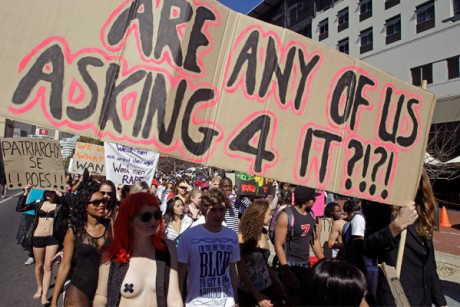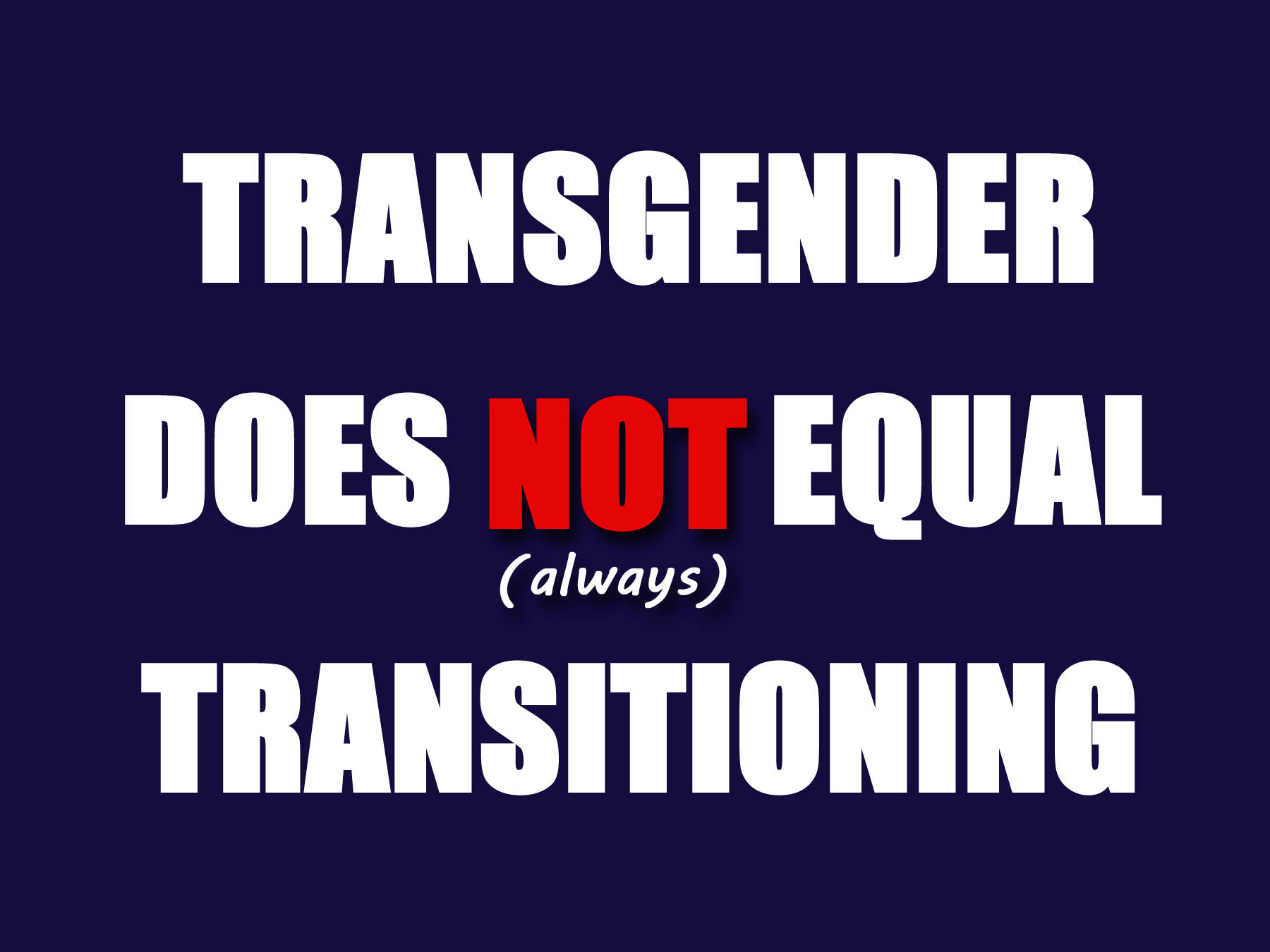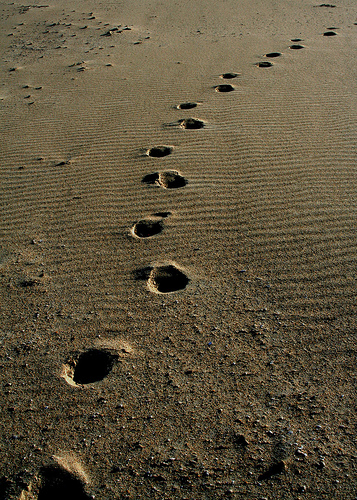Today, as I await the news of Nigeria's latest anti-LGBT bill, I feel like an abandoned child who belongs nowhere -- it has nothing to do with not having a place to eat Turkey.
-
-
PSA For Transgender Awareness Week: Transgender Doesn’t (Always) Equal Transitioning
About a month ago, I wrote a write on my tumblr account in response to numerous inquiries from people right after I disclosed that I was gradually accepting a shift in my gender identity (i.e. feeling way more masculine than I do feminine) about when I would be transitioning. Na…
-
An Immigrant’s Halloween: Blackface, Ghetto Parties, and Disney Princesses
I actually want to have fun during Halloween this year. I don't want to feel constantly triggered by offensive costumes. I actually want to smile at kids when they come trick or treating. I want to carve my first pumpkin without being cheered on by coworkers in blackfaced Bob Marley…
-
Year in Review: Top 5 Posts from Last Year
I can't describe how powerful and affirming the experience of looking through pages and pages of words has been; from stream of consciousness prose to pensive morning reflections, from photo-poetry to snippets and chapters from upcoming book projects, I really am blown away by how far I've walked, mentally and…
-
Afrofeminism - Blog - Community Organizing - Gender and LGBT Issues - QWOC+ Boston - Race, Culture, Ethnicity
Queer Women of Color Still Face Racism During Pride, Among Other Things
Activism, for so many of queer women of color, is a constant negotiation of which ism to address. We don’t have the luxury of snubbing everyone that offends us, or we would have no where to go. We can't -- and shouldn't have to -- fight everyone. As a direct…
Online rulet oyunları gerçek zamanlı oynanır ve online slot casino bu deneyimi canlı yayınlarla destekler.
İnternet üzerinden eğlence bahsegel giriş arayanlar için deneyimi vazgeçilmezdir.
Kullanıcıların hesaplarına hızlı ve sorunsuz bettilt ulaşabilmesi için adresi her zaman güncel tutuluyor.



